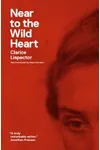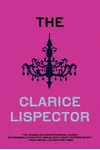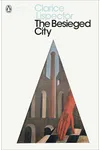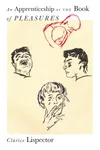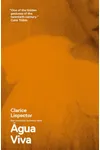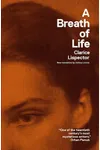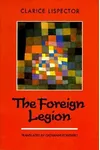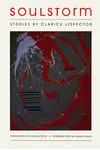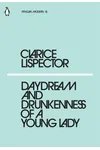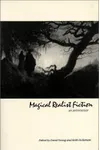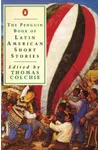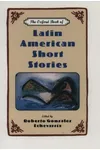Picture a Ukrainian-born Brazilian storyteller who turned the mundane into the magical—meet Clarice Lispector! With her introspective, stream-of-consciousness prose, she revolutionized Portuguese-language literature, captivating readers with works like Near to the Wild Heart and The Hour of the Star. Her ability to probe the human soul with poetic precision makes her a literary icon whose stories still resonate today.
Born in 1920, Lispector’s life was as layered as her writing. From her early years in Ukraine to her transformative career in Brazil, she wove personal experiences into narratives that feel both intimate and universal. Let’s dive into her world and discover why she remains a must-read!
The Making of Clarice Lispector
Clarice Lispector was born Chaya Pinkhasovna Lispector in Tchechelnik, Ukraine, on December 10, 1920. Fleeing antisemitic violence, her Jewish family immigrated to Brazil when she was an infant, settling in Recife. Growing up in a culturally rich but economically strained household, young Clarice found solace in storytelling. By her teens, she was devouring literature and writing short stories, hinting at the genius to come. After moving to Rio de Janeiro, she studied law but gravitated toward journalism, publishing her first novel, Near to the Wild Heart, at just 23. Its bold, introspective style stunned critics and marked her as a literary prodigy.
Clarice Lispector’s Unforgettable Stories
Lispector’s writing defies easy categorization, blending philosophy, poetry, and psychological depth. Her debut, Near to the Wild Heart (1943), follows Joana, a young woman grappling with identity and existence, told through fragmented, vivid prose that mirrors the chaos of thought. Critics hailed it as a groundbreaking work in Brazilian modernism. Her short story collection Family Ties (1960) explores domestic life with piercing insight, elevating everyday moments—like a woman’s epiphany over a caged chicken—to the profound.
Her final novel, The Hour of the Star (1977), is perhaps her most celebrated. It tells the story of Macabéa, a poor, unremarkable typist in Rio, whose simple life unfolds with heartbreaking beauty. Lispector’s stream-of-consciousness style and existential musings shine here, cementing her reputation as a master of the human condition. Other notable works, like The Passion According to G.H. (1964), delve into spiritual crises, showcasing her fearless exploration of the self. Her prose, often described as lyrical and elusive, invites readers to linger and reflect.
What sets Lispector apart is her ability to make the ordinary extraordinary. Her themes—identity, alienation, and the search for meaning—resonate across cultures, while her innovative style influenced Latin American literature and beyond. Whether through novels, stories, or her lesser-known children’s books, she crafted a universe uniquely her own.
Why Clarice Lispector Matters
Clarice Lispector’s impact on literature is profound. Her introspective style paved the way for feminist and modernist writers, inspiring authors like Hélène Cixous and Marilynne Robinson. In Brazil, she’s a cultural icon, her works studied in schools and celebrated for their emotional depth. Globally, her translations have introduced new generations to her genius, with readers drawn to her ability to articulate the ineffable. Lispector’s legacy lies in her courage to explore the human psyche, making her a timeless voice in 20th-century literature.
- Born: December 10, 1920, in Tchechelnik, Ukraine
- Key Works: Near to the Wild Heart, Family Ties, The Hour of the Star
- Died: December 9, 1977, in Rio de Janeiro, Brazil
- Notable Trait: Pioneered stream-of-consciousness in Portuguese literature
About Clarice Lispector
Ready to lose yourself in Clarice Lispector’s mesmerizing world? Grab The Hour of the Star and dive into her lyrical, soul-stirring prose today!
